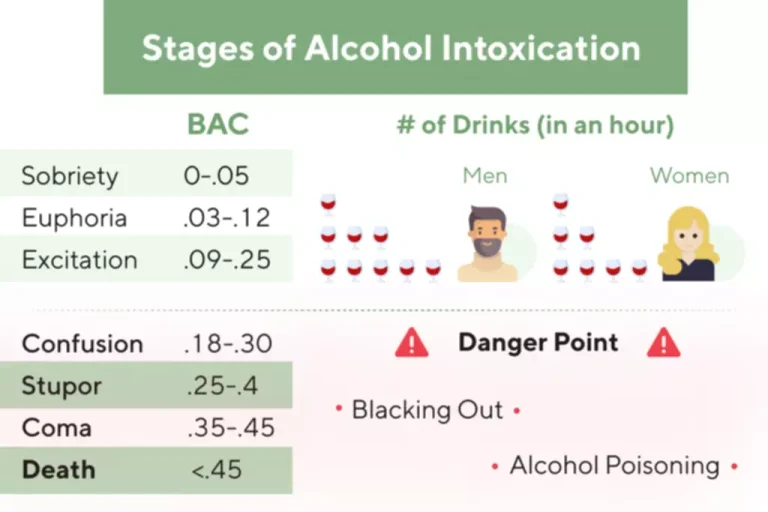Why Do I Crave Sugar and Sweets? 4 Potential Causes

Shedding light on the science behind these intense sugar cravings after giving up alcohol, we find ourselves in the complex labyrinth of neuroscience. When alcohol is cut off, the brain – now conditioned to the quick fix and reward from alcohol – panics. This panic mode manifests as an intense craving for another easy quick-fix, sugar, while the brain figures out how to recalibrate itself to life without alcohol.

Insomnia After Quitting Alcohol: A Detailed Look at Causes and Solutions
Cravings can be your body’s way of letting you know it’s not getting something it needs, such as a specific vitamin or mineral. Having certain cravings, such as for chocolate or other sweets, is also often linked to how you feel emotionally. Several things can contribute to sugar cravings, from stress to conditioning to undereating. If you’re concerned about sugar cravings, the first step is to identify what factors are at play in your life. Then, plan to address them, including stress management, therapy, sleep regimen improvement, and eating more regularly.
How To Stop Sugar Cravings: Long-Term Tips
Alcohol cravings may occur for a variety of reasons, such as changes in brain chemistry, triggers, and habit formation. Just because a person experiences cravings for alcohol does not necessarily mean they have alcohol use disorder. If you have constant sugar cravings, talk to your doctor about the medications you’re taking. You may be able to adjust the dose or switch to a different drug. Once your doctor is on board, you’ll be able to work together on developing strategies for coping with cravings and their cause.

Coping With Food Cravings
Alcohol is quickly converted into glucose in the body, causing a rapid increase in blood sugar levels. In response, the body releases insulin to lower blood sugar levels. However, this insulin release can sometimes overshoot, leading to a drop in blood sugar levels, also known as hypoglycemia.
Can You Rewire Your Cravings?
Experiencing alcohol cravings may not automatically mean you have an AUD. All the same, it could be worth talking to a mental health professional — more on that below. Many people like that artificial sweeteners allow them to eat some of their favorite sweeter foods without consuming why do alcoholics crave sugar the same calories as the non-diet version. Artificial sweeteners are 180 to 13,000 times sweeter than table sugar. This article covers possible reasons you may crave sugar, how to combat sugar cravings, and suggestions for what to eat instead that can help satisfy a sweet tooth.
Sip on a nonalcoholic, healthy beverage.

Avoid completely depriving yourself, and don’t beat yourself up if you “give in” to a craving. Instead, focus on looking for healthier substitutes in the future. For example, choose a small serving of dark chocolate avocado mousse instead of a chocolate bar. Or allow yourself the dessert you really want—but only have one small portion. Sugar cravings are amplified and most intense when you’re hungry. If you go too long without a meal or a snack, your body is likely to start looking for a quick source of energy.
What You Should Know About Sugar Cravings After Quitting Alcohol
Research suggests that the increase in estrogen and progesterone leading up to your period is responsible for sugar cravings. Cravings tend to start 7–10 days before your period starts, and then they begin to wane. By repeating our everyday habits, we condition our brains and bodies to do things regularly.
- When a craving for alcohol strikes, a good first step involves acknowledging the craving, according to Mehta.
- Sugar and fat stimulate hunger, making you more likely to eat beyond the need to satisfy your craving if you reach for these foods.
- Almost like a shadow, it seems to follow you throughout your day.
- Then, plan to address them, including stress management, therapy, sleep regimen improvement, and eating more regularly.
- Excessive caffeine intake can actually increase sugar cravings due to fluctuations in blood sugars and dehydration.
- Coaching can provide individualized strategies factoring your particular state and needs.
- It is important to address the underlying issues and seek appropriate support to maintain a healthy and balanced lifestyle.



![[ID: f9eXxwOp7QI] Youtube Automatic](https://canalmotoplay.com.br/wp-content/uploads/2022/08/id-f9exxwop7qi-youtube-automatic-60x60.jpg)
![Privado: [ID: uyzbwcAfsWM] Youtube Automatic](https://canalmotoplay.com.br/wp-content/uploads/2022/08/privado-id-uyzbwcafswm-youtube-a-60x60.jpg)